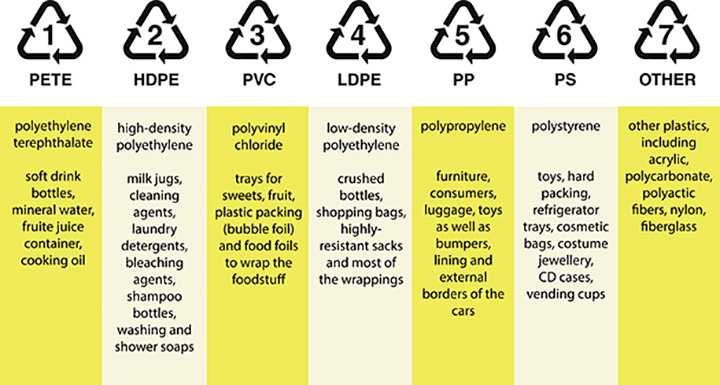
Source: Teri Barr
How a Wisconsin Woman Helped the World Rethink Plastics
Slice of Wisconsin: Milly Zantow created the plastics numbering system for recycling more than 30 years ago and helped write the law that keeps tons of materials out of landfills today; plus, take your own plastic free pledge
You may not even think twice about sorting your recyclable materials from your garbage. But there’s a story behind every plastic bottle or container you place in your bin. It’s the story of one Wisconsin woman and her innovative idea to launch a recycling revolution by helping the state — and world — rethink plastics.
Listen to this Slice of Wisconsin here:
It started when Milly Zantow was inspired by what she saw during a trip to Japan in the 1970s. She returned home to Sauk County with a big idea: plastic waste should be sorted and recycled. But how to do it? Her research into the different properties of plastics led to the invention of the triangle-numbered plastics system. It’s now stamped onto nearly every plastic item in the U.S. and many other countries.

The North Freedom woman didn’t stop there. Zantow launched one of the state’s first recycling collection centers near Reedsburg, educated others about the importance of waste reduction, and even helped write Wisconsin’s 1990 recycling law. It banned certain items from landfills and guaranteed residents statewide would have access to recycling programs.
Zantow passed away in 2014.
But the 91-year-old’s impact was recognized three years later with a posthumous induction into the Wisconsin Conservation Hall of Fame. She will remain honored there forever as an early “recycling revolutionary.”
Yet despite all the progress, challenges surrounding plastics haven’t gone away.
Today, less than 5% of all plastics produced in the U.S. are actually recycled. And most of those are the familiar #1 and #2 containers like soda bottles and milk jugs. So you may be wondering – what happens to the rest?
Many plastics are still difficult or economically impractical to recycle. The tradeoffs in packaging design between durability, cost, convenience, and sustainability only adds to the complexity. Meaning? Plastics often end up in the garbage.

The search for long-term solutions continues, but Plastic Free July could be a simple way for each of us to make a dent in the plastic problem right now.
Experts suggest starting with the “big four” single-use plastics you probably see or use every day:
- Plastic bags
- Plastic water bottles
- Takeaway coffee cups
- Plastic straws
Say “no thanks” to these items and you’re already making a difference.
Want to do more? You can create your own “reusables kit.” This could include a travel mug, containers, cloth shopping bags, and utensils to skip those disposable items.
But keep it simple. Focus on what you can do.
Remember, Zantow believed:
You don’t have to be perfect. You just have to start.

Teri Barr is Civic Media’s Content Creator and a legend in Wisconsin broadcast journalism. Email her at teri.barr@civicmedia.us.
Want More Local News?
Civic Media
Civic Media Inc.
The Civic Media App
Put us in your pocket.
